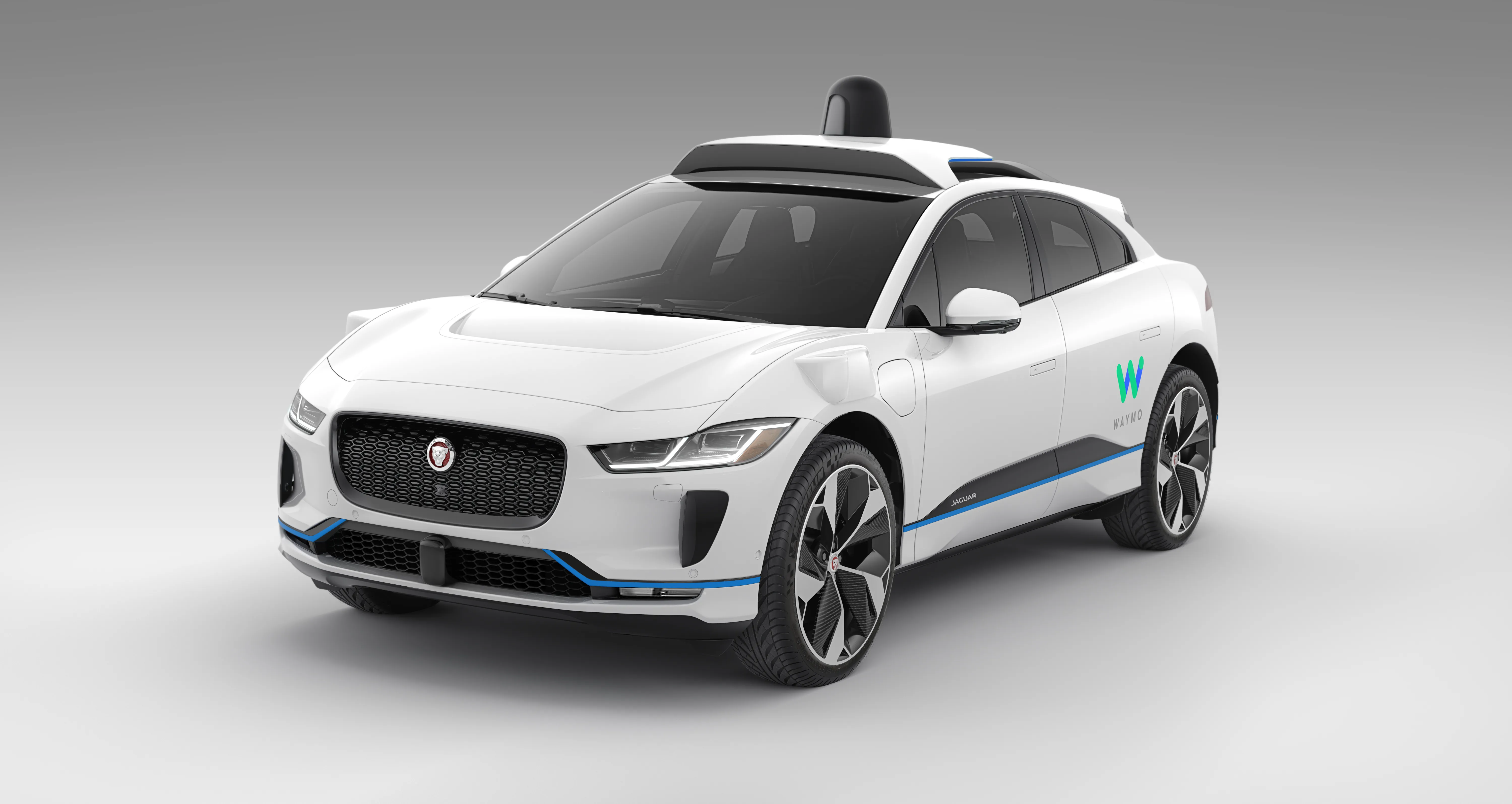Volvo’s large animal detection software can recognise animals such as moose, but the company’s researchers are still solving the kangaroo problem. The cars detect animals by using the ground as a reference point in order to determine an object’s distance. When exposed to a kangaroo’s hopping, though, they become ‘confused’.
Volvo Australia's technical manager David Pickett told ABC that the animal’s hopping throws off the car’s animal detection system. "We've noticed with the kangaroo being in mid-flight ... when it's in the air it actually looks like it's further away, then it lands and it looks closer," Pickett said.
Australia's National Roads and Motorists' Association says 80 per cent of animal collisions in the country involve kangaroos.
In addition to difficulties detecting kangaroos, the cars will need to be adjusted for a few other Australian quirks before they are rolled out. Australian Driverless Vehicle Initiative executive director Rita Excell said Australia's many unsealed roads, its unmarked highways, and the huge road trains on regional highways were among the challenges.
According to managing director of Volvo Australia, Kevin McCann, the discovery is part of the development and testing of driverless technology and wouldn’t pose problems by the time Volvo’s driverless cars would be available in 2020.
Kangaroos confusing autonomous vehicles
Volvo Australia is discovering a unique problem as it begins to test autonomous vehicles in Australia – it seems the way kangaroos move is confusing the car’s detection system, ABC Australia reports.
July 6, 2017
Read time: 2 mins









